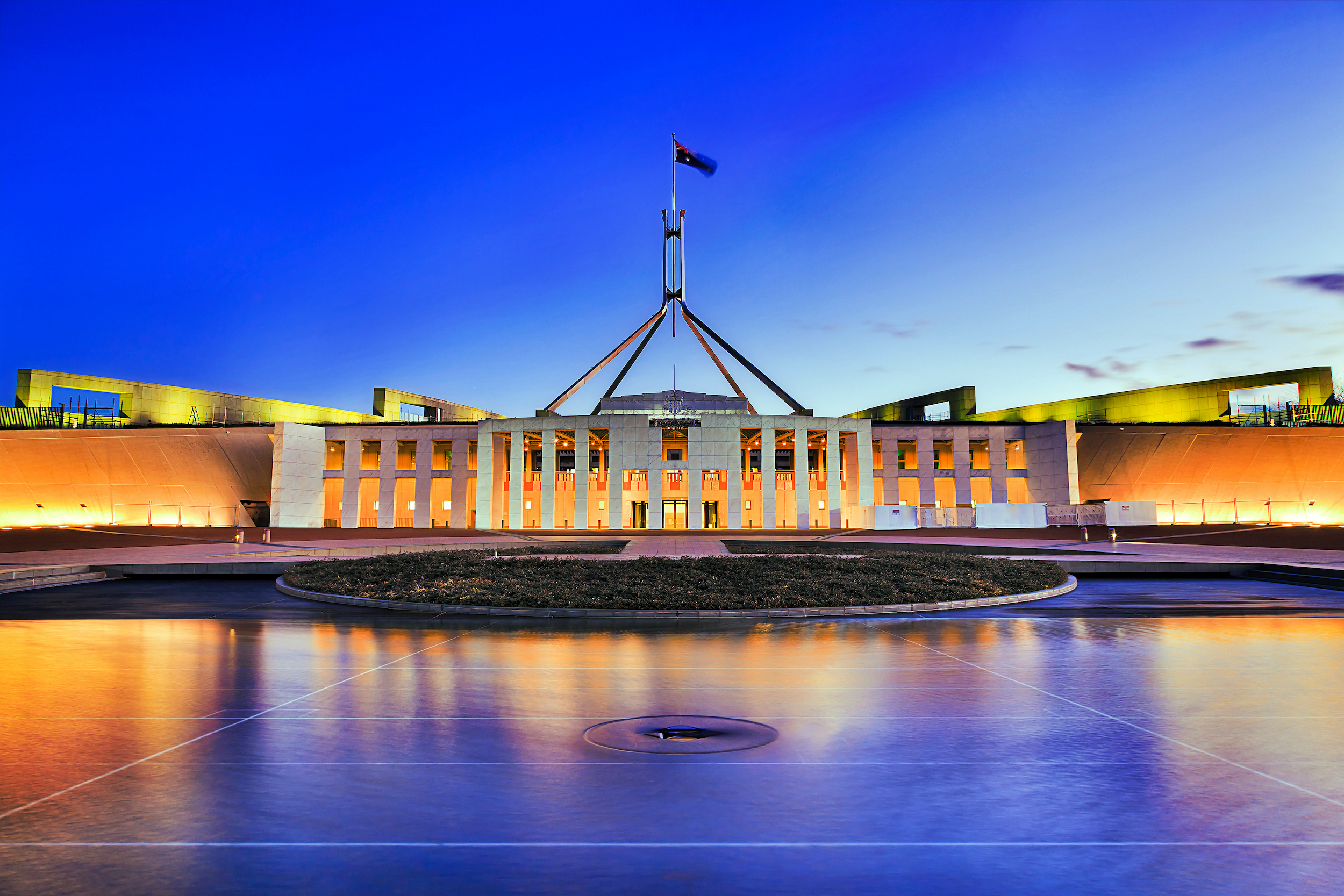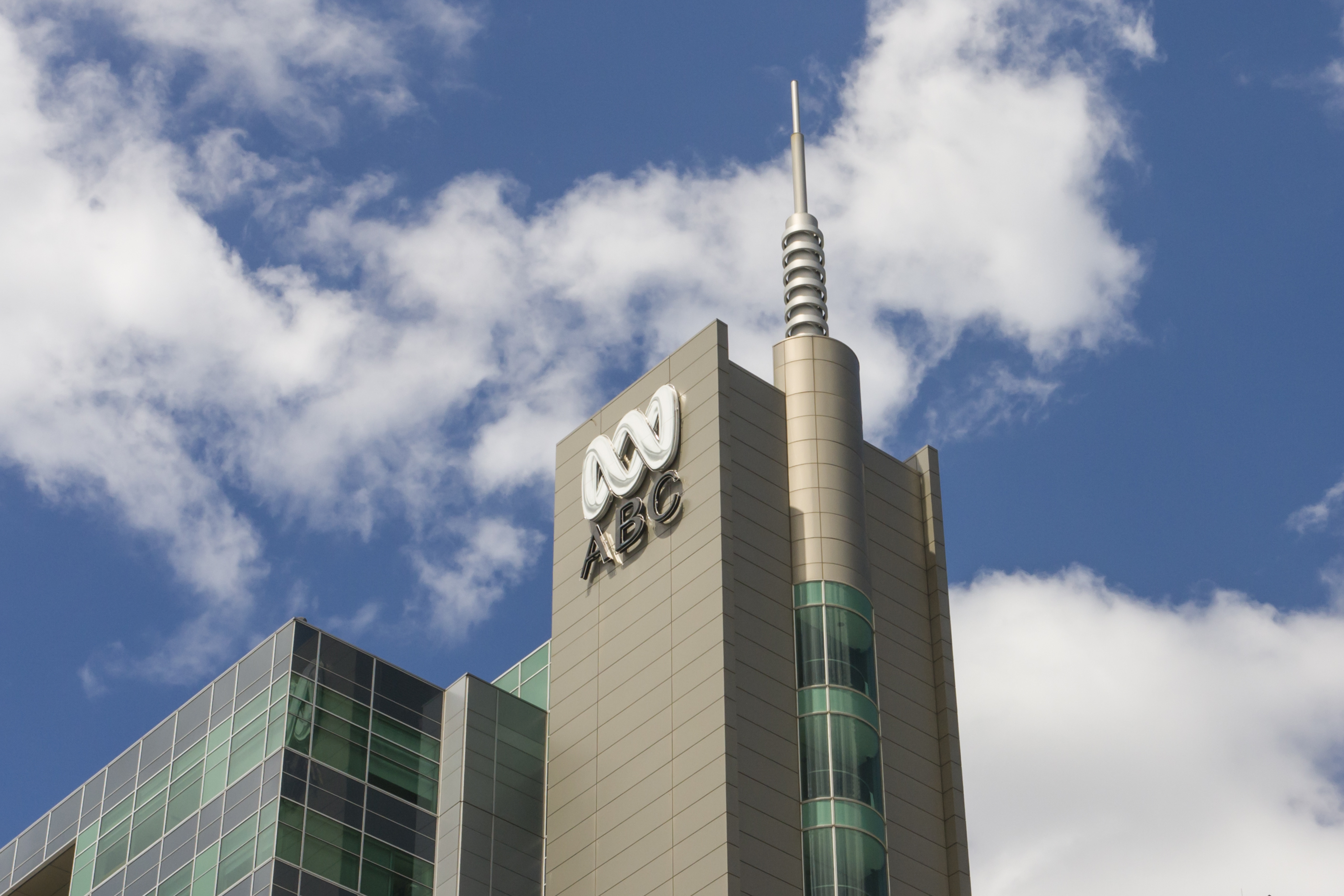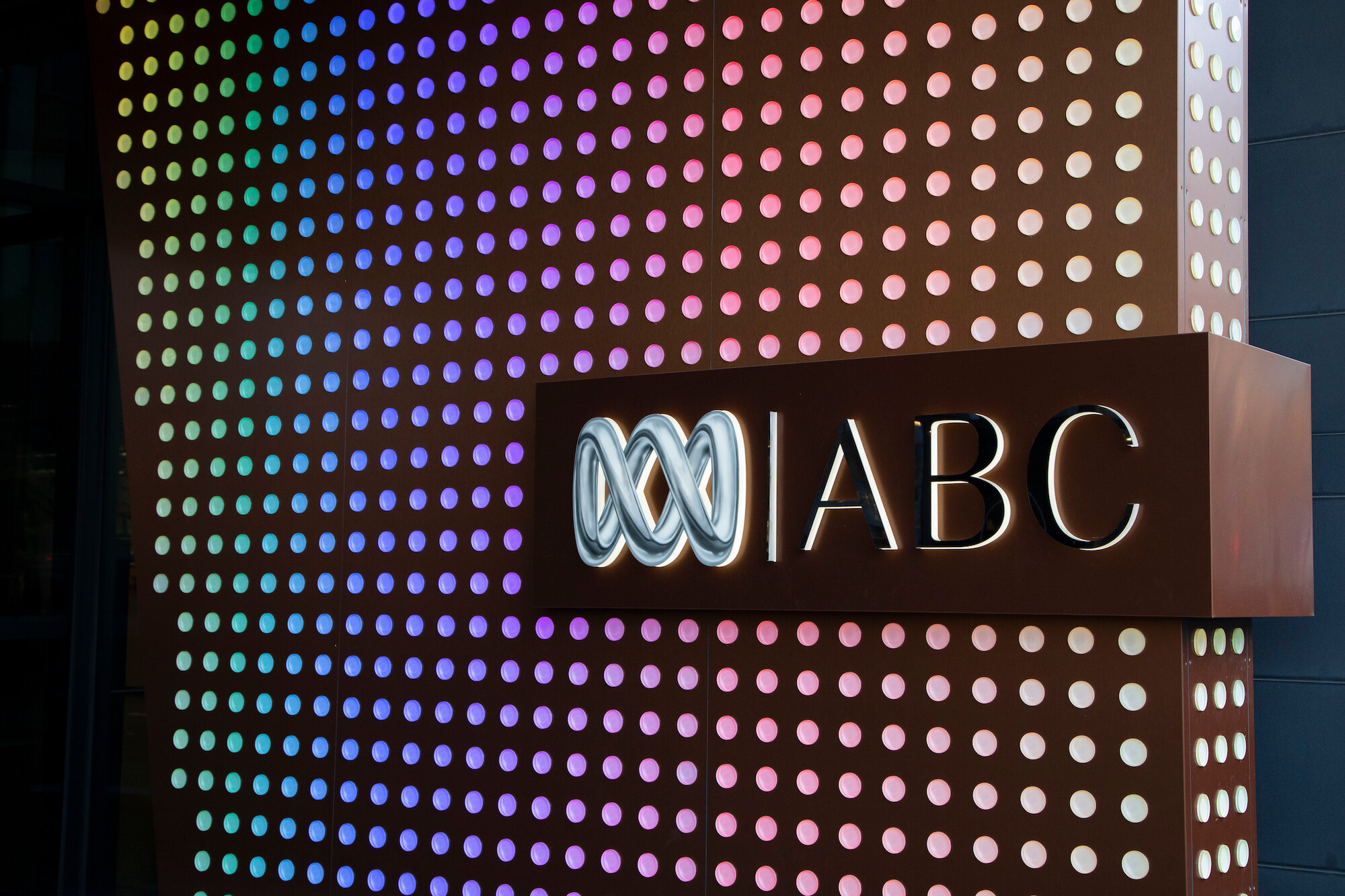The Federal Government’s announcement that it would be reversing a funding freeze on the Australian Broadcasting Corporation (ABC) has been met with both approval and criticism. In this explainer, we unpack what has happened, the reactions, and why this reversal is important to the ABC and Australia as a whole.
What has happened?
Australia’s Federal Government has announced the restoration of federal funding for public broadcaster ABC following a 2019 indexation freeze. From July, ABC will receive $3.3 billion over the next three years. The figure includes $45.8 million for the broadcaster’s Enhanced Newsgathering Programme (ENG) to continue investment in regional public interest journalism.
Public broadcaster SBS will also receive $953.7 million, including $37.5 million in ongoing funding to support its long-term sustainability.
“We’ve delivered an increase in funding for both national broadcasters compared to both the 2016-19 and 2019-22 funding period,” Communications Minister Paul Fletcher said. “This funding commitment is designed to provide certainty for both broadcasters and is being announced well in advance of the next funding period to assist the ABC and SBS to develop their forward plans.”
“We’ve taken this decision in relation to the funding of the ABC and SBS on the basis of considering the budget submissions from both organisations, weighing up an assessment of the role of ABC and SBS and their funding needs, as we do with budget decisions that come to government across the board, making a judgement about available funds and the need and arriving at a decision on the basis of that,” he said.
Back in May 2018, the Australian government announced its plans to freeze ABC’s annual funding indexation for three years, beginning from July 2019. The decision cost the broadcaster nearly $84 million. Of that figure, $43 million was deducted from ABC’s news and current affairs output.
At the time, the funding freeze was said to be required “to ensure the ABC continues to find back-office efficiencies”. But in response, the then Managing Director Michelle Guthrie called the government’s proposed efficiency review unnecessary in light of other efficiency programmes introduced by the broadcaster in the years before. She also stressed that ABC could not absorb the cuts with extra efficiency measures as proposed by the government since “the ABC had already achieved significant productivity gains in response to past budget cuts”.
Minister Fletcher has repeatedly denied the freeze amounted to a funding cut. “The indexation pause was a decision taken in the context of the previous three-year period reflecting a particular set of budget priorities at the time,” he said. “These decisions are always made in the context of the various factors that the government weighs up.”
What has been the reaction?
In a statement, the ABC welcomed the news of the funding reversal.
Managing Director David Anderson – who has long called on the indexation’s resumption and continued support for the ENG programme – said the announcement brought “funding certainty”.
“The $3.3 billion over the next triennium […] sees the resumption of indexation, the continuation of the Enhanced Newsgathering program that provides vital services across the country, and ongoing support for audio description services for blind or visually impaired audiences,” he said.
Meanwhile, ABC Chair Ita Buttrose said she was “delighted” with the government’s decision to reverse the indexation freeze. “It will allow the national broadcaster to continue doing what it does best – provide information and entertainment to Australians wherever they live,” she said.
However, the news was met with scepticism and criticism from other quarters. In particular, the timing of the announcement – with the country’s 2022 federal election on the horizon – has understandably raised questions on whether the move was made to gain favour among voters. Stable funding for ABC and SBS has already been used as a pitch to voters, with the opposition promising more funding certainty for the public broadcasters if elected.
Restoration of ABC and SBS funding is welcome news. Let’s hope it lasts beyond the pre-election election campaign and allows the national broadcasters to rebuild. https://t.co/9qDCWZih9F
— Karen Percy (@PercyKaren) February 6, 2022
Others noted that the removal of the indexation freeze was not a boost to ABC’s funding but instead an early end to the indexation freeze. “More accurately, it’s not going to re-put in the funding freeze. The funding freeze was due to end this year and the government’s announced it’s not going to put in a new funding freeze,” Ben Oquist, Executive Director of The Australia Institute, explained.
“The government has announced it’s not going to continue with the ABC funding freeze
“But the ABC had cumulative cuts over the last 8 or 9 years of $530+ million. So really, today’s announcement is status quo.”
– Executive Director @BenOquist on ABC Breakfast #auspol pic.twitter.com/auFtZiAWZZ
— Australia Institute (@TheAusInstitute) February 7, 2022
Meanwhile, the Media, Entertainment & Arts Alliance (MEAA) was among others who noted that the end of the funding freeze would not reverse the loss of ABC jobs and programming. Back in 2018, the indexation freeze meant ABC’s funding did not keep pace with inflation. The resulting budget cut of $84 million subsequently led to the slashing of 250 jobs and decreased programming.
A welcome development, but…
1. It doesn’t pay back the money ripped out of the ABC already
2. The ABC still gets about half (or less) of the per capita funding other countries provide
3. The Govt is reversing a cut it continues to deny it actually made. https://t.co/gEnkktEKpe— Alan Sunderland (@asunderland) February 6, 2022
Why is the reversal important?
As noted by ABC Managing Director David Anderson, the end of the funding freeze means the resumption of indexation and the continuation of the ENG programme. ENG funding has provided news more tailored for local communities and increased ABC investment in specialist resources “that provide vital context and analysis about issues that matter to all Australians.”
“Importantly, this announcement also guarantees the ability of the ABC to continue to reinvest funds from the recently concluded Google and Facebook deals into rural and regional services,” Anderson further said.
Meanwhile, more stable funding also means that ABC can continue its vital contribution to democratic society and life in Australia. ABC has clearly demonstrated its public value in recent years. From its life-saving coverage of the Australian bushfires, to its crucial and critical coverage of the COVID-19 pandemic in multiple languages, ABC has shown why it continues to attract record audiences while delivering outstanding value for money.
Read more: Bushfire Research shows ABC Radio highly trusted and saves lives
The broadcaster has also continued to play its part in maintaining local news coverage, despite its own financial pressures, and has reaffirmed its commitments to diversity, equity, and inclusion.
The end of the funding freeze is a welcome development, but it is essential that ABC now continues to receive funding certainty. In recent years, ABC has faced multiple challenges, including growing pressures from streaming giants, an aging audience, and attempts at political interference. Funding instability further compounds these challenges and threatens the broadcaster’s 90-year legacy of serving Australians with distinctive, impartial, and high-quality content.
Header image: Sydney, Australia – March 24, 2015: People entering and leaving the Australian Broadcasting Corporation (ABC) Centre in Ultimo. Credit: kokkai/iStock
Related Posts
9th December 2021
Digital “preparedness is vital” – ABC’s Social Media Wellbeing Advisor
Journalists often face barrages of…
22nd November 2021
Under attack ABC sticks up for public media values
ABC sticks to its values in the face of…


